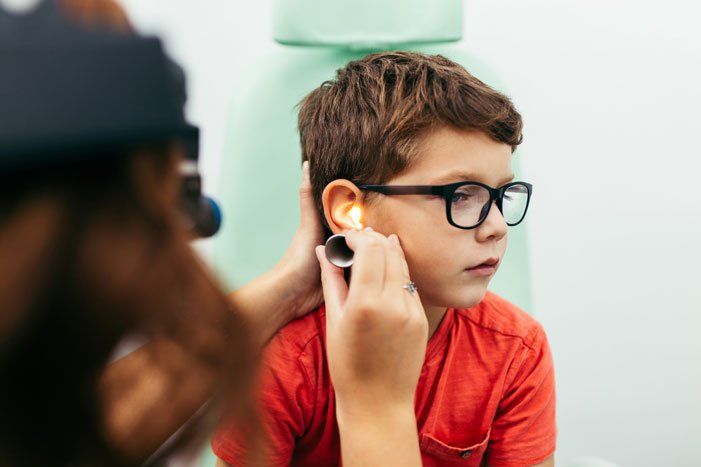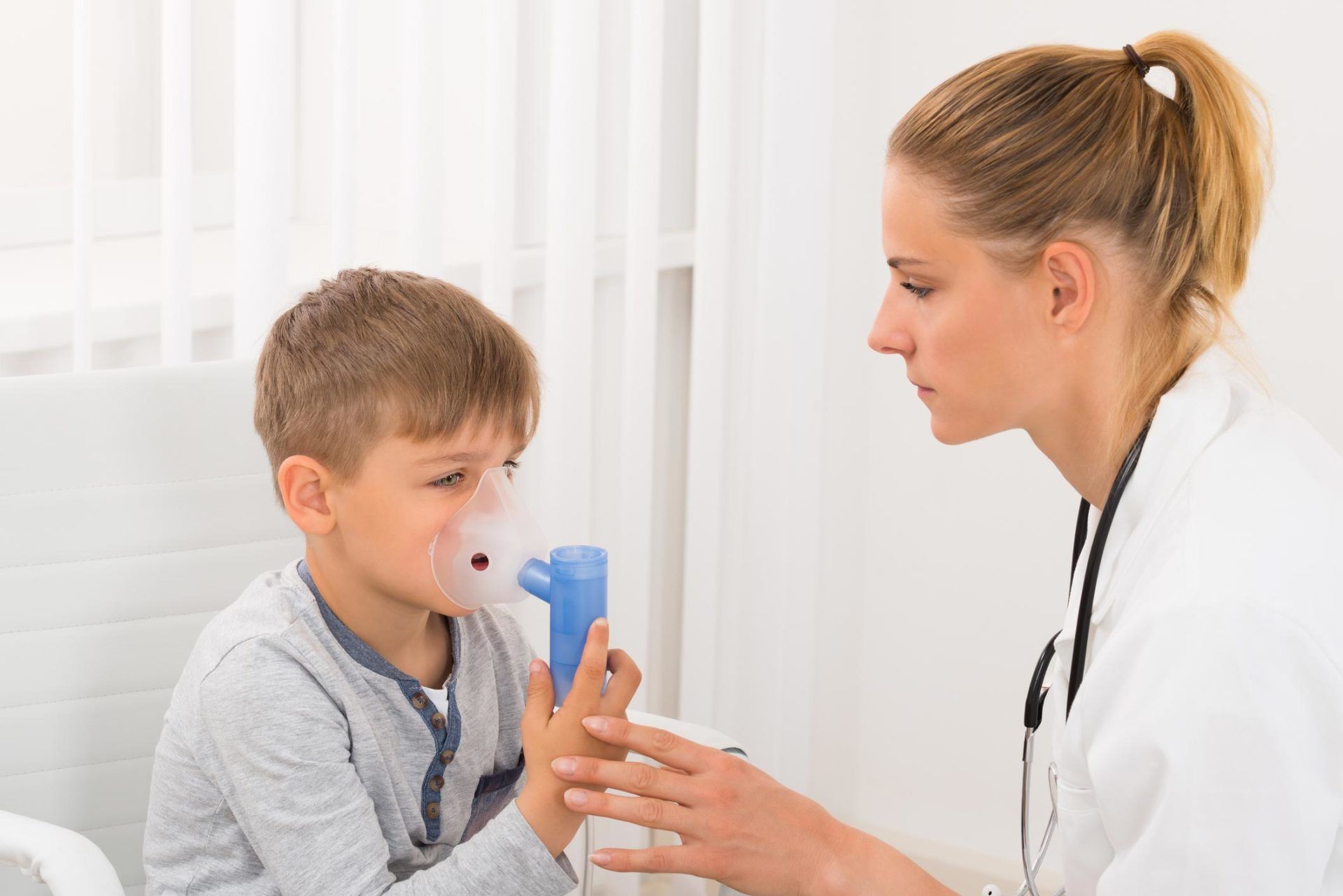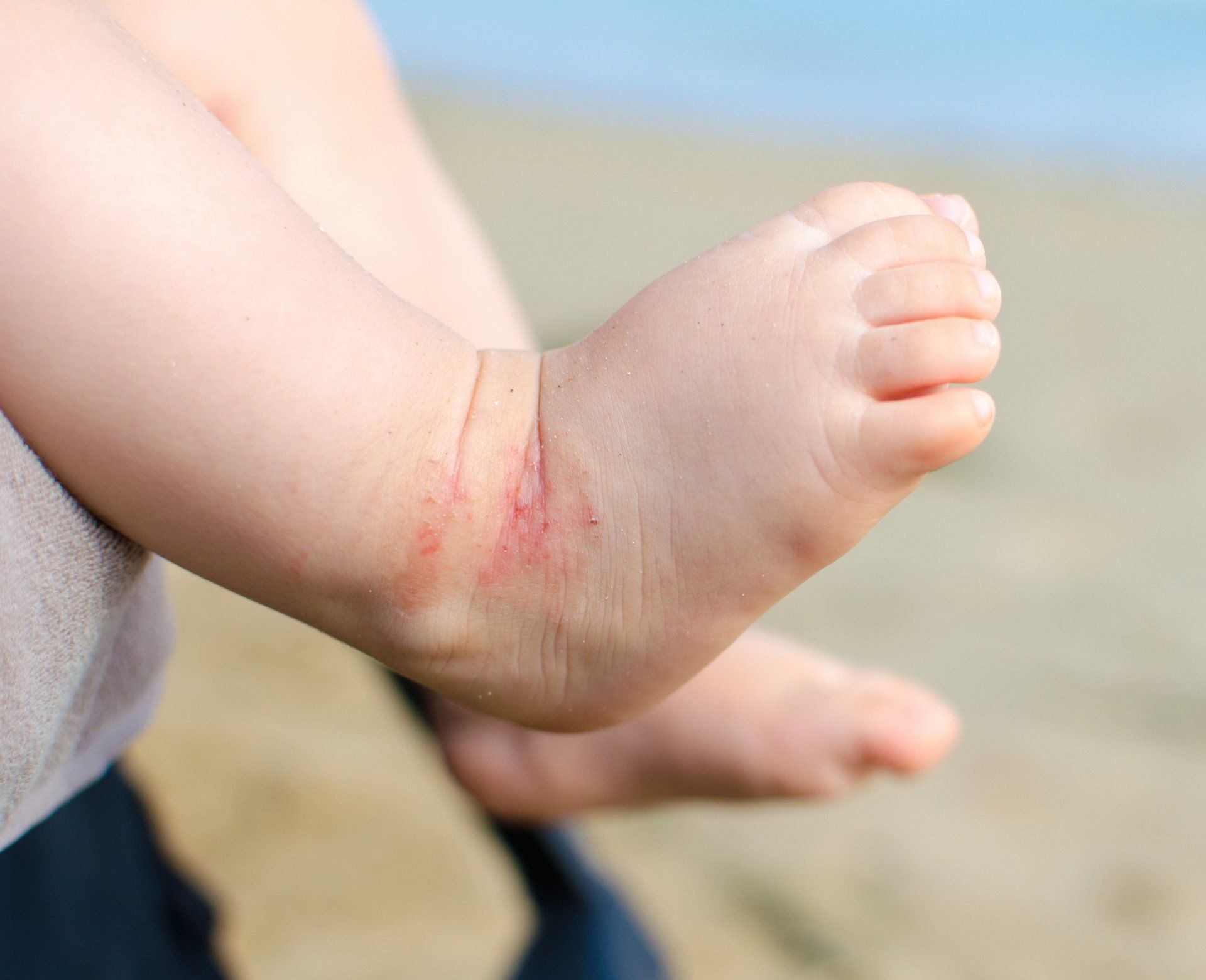5 Common Infections Your Kid Faces

Children are often more susceptible to many infections because of their developing immune systems. If you're worried about your child's health, you need to fully understand the risks they face. To learn more, check out these five common infections.
Conjunctivitis
Better known as pink eye, conjunctivitis is a condition that causes inflammation in the conjunctiva of the eye. In most cases, pink eye doesn't leave any long-term side effects, but while your child suffers from pink eye, they may have redness, itchiness, discharge, and tearing. In some cases, your child may complain of feeling like something is in their eye.
Conjunctivitis is commonly caused by bacterial and viral infections, but in babies, conjunctivitis may be a side effect of a blocked tear duct. Other causes may include allergies, chemicals, or something stuck in the eye. If your child has bacterial conjunctivitis, they may need antibiotics, but in most cases, the condition just has to run its course.
Impetigo
Impetigo is often caused by streptococcus, which is part of group A strep. Impetigo appears as sores on the skin, and while they can appear anywhere, they are commonly found around a child's mouth and nose. Symptoms may not appear for ten days, but they include red, itchy sores, and sores with fluid or pus. As the area starts to heal, crusty yellow scabs begin to form.
Younger children are more susceptible to impetigo, so if someone has a skin infection, keep them away from your child. Treatment usually involves antibiotics. While the area heals, you'll need to care for any open wounds by cleaning and draining them. Serious wounds, however, may require a doctor's visit.
Strep Throat
The same A strep bacteria that cause impetigo can also cause strep throat, which is an infection in the throat. While strep throat can affect anyone, it is more common in kids aged 5 to 15, and it is extremely contagious, especially when children cough or sneeze. Symptoms of strep throat include a sore, red throat, white patches on the inside of the throat, fever, chills, headache, and swollen lymph nodes in the neck.
In severe cases, the swelling in the throat can make it hard for your child to breathe or swallow properly. As with impetigo, strep throat is treated with antibiotics. Failing to treat strep throat can lead to many other complications including ear infections, scarlet fever, mastoiditis, and rheumatic fever, amongst other issues.
Ear Infections
Newborns and toddlers are at a higher risk of developing middle ear infections. Unlike many other infections, ear infections are not contagious, but they may be brought on by another contagious disease, such as a cold. The infection is typically caused by a virus or bacteria, and it may be worse in children who go to daycare, children with allergies, and children exposed to secondhand smoke.
An ear infection can cause mild to severe pain, and in some cases, pus or other discharge may drain from the ear. If your child is too young to speak, look for non-verbal signs like ear-tugging or trouble hearing quiet noises. If your child is tolerating the ear infection well, the doctor may suggest a wait-and-see approach, but antibiotics may be needed if the infection is painful, comes with a fever, or won't go away.
Pertussis
Pertussis is also known as whooping cough, and it is an infection in your child's respiratory tract. Just like strep throat, pertussis is extremely contagious. Deaths associated with whooping cough are rare, but untreated infants are at a higher risk of developing fatal symptoms. Symptoms include a cough, runny nose, fever, nasal congestion, vomiting, and fatigue.
Pertussis has also been known to affect older teens because as they age, the pertussis vaccine they received as a child wears off. If not treated, complications of whooping cough include cracked ribs, hernias, pneumonia, brain damage, and seizures. Antibiotics are used to treat the infection, but if your child is young, they may need to remain in the hospital during treatment.
Viruses and bacteria can affect anyone, but young children are often at a higher risk. If you want to better protect your child from painful and dangerous infections, contact us at Y.H. Parikh & Associates today.







